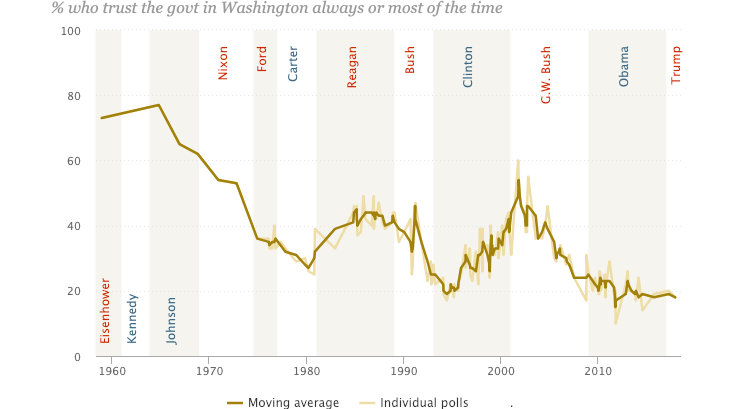The Incredible Delusion of the 70% Tax Rate
It was the interview of Alexandra Ocasio-Cortez on Sixty Minutes that finally said publicly what her friends on the left have been saying privately for years. She wants a massive increase in marginal tax rates to fund her “Green New Deal,” which is a poetic masking of a centrally managed industrial policy that includes tremendous tax increases and government subsidies for favored industries. Essentially it overrules the market in every area of life, which is to say it robs consumers of choice.
The celebration of her clarion call for a 70% tax rate on the rich was not limited to the left. On the right, with this rise of populist authoritarianism, there has been an ideologically inevitable turning against commerce and toward the view the rich are a source of evil.
Ann Coulter thinks nothing of backing the Ocasio-Cortez idea, so long as it punishes her personal enemies who disagree with her politics. “Ocasio-Cortez wants a 70-80% income tax on the rich. I agree! Start with the Koch Bros. — and also make it WEALTH tax,” she tweeted and received 15K likes.
The same with Tucker Carlson, who has similarly turned against markets, secure ownership of private capital, the rich, and a prosperity agenda. It’s philosophically inevitable that rightist populism, and its roots in in Right-Hegelian thought, would make a hard turn against commercial society and the low taxes that come with that.
The delusion of a 70% tax rate for the rich is no longer limited to the left. It is shared by the entire pundit class, left and right, that opposes liberalism classically understood.
Why delusion? Look at this chart. The last time government was able to demand 70% of all wealth above a certain level (even if the rich never actually paid this rate), public opinion on government was very different. As incredible as it seems today, as much as 77% of the public told pollsters in 1964 that they trusted government to do the right thing. If you believe that, it makes sense to steal from the rich.
It’s a better use of resources! But think back to those days. There was the moonshot. The win of the war was still fresh in people’s mind. The greatest generation was running things. Social security was still solvent. Public services seemed to be working more or less. Government was big but nothing like today. The economics textbooks said that Soviet socialism was outperforming US capitalism.
But the passage of time changed everything. Vietnam, the draft, Inflation, Watergate, unemployment, gas lines, urban renewal, the public housing fiasco, and one economic mess after another all worked to gradually erode public confidence in government. Today? As Pew puts it: “Only 18% of Americans today say they can trust the government in Washington to do what is right “just about always” (3%) or “most of the time” (15%).”
That is, quite simply, an astonishing change in public outlook. Even if you hate the rich, even if you resent the wealth and think it should be spread more evenly, precious few actually believe that wealth is better off in the hands of government than private-sector moguls.
Let’s say you like charity. “Among more than 800 high-net-worth and ultra-high-net-worth people surveyed in the 2017 U.S. Trust Insights on Wealth and Worth survey, 74% reported donating to nonprofit organizations,” reports MarketWatch. Americans donated $410 billion to charity last year but most of that came from high net worth households.
Moreover, many studies have shown that the spending habits of the rich are not that different from the poor; they just have more opportunity to save for retirement with investments that support the living standards of everyone else too. The image you get from the soak-the-rich crowd – that of an isolated pool of wealth that can be pillaged for the rest of us to use – is just false.
Let’s say you tax 100% of the wealth of everyone who is millionaire. That would run the government for only a few months. Then what? You have wrecked the security of private wealth, punished the most productive, demotivated absolutely everyone, created a solid basis for swelling the ranks of expats, ruined every charity, destroyed the market for high-end consumption, and generally made the country vastly uglier and more violent.
Regardless, for the Democrats to have taken control of the House of Representatives, and immediately start calling for vast new taxes and spending to swell the size and scope of a deeply unpopular government is probably not the best political tactic. Times have changed since those days when people thought government was a great way to order society. Reality has dawned.
The collapse in confidence in government from 77% to 18% is one of the most striking changes in public philosophy of the last half century. To proceed as if this means nothing represents astonishing ideological blindness. To base a political campaign on this would amount to political suicide at a time when confidence in government has never been lower.













